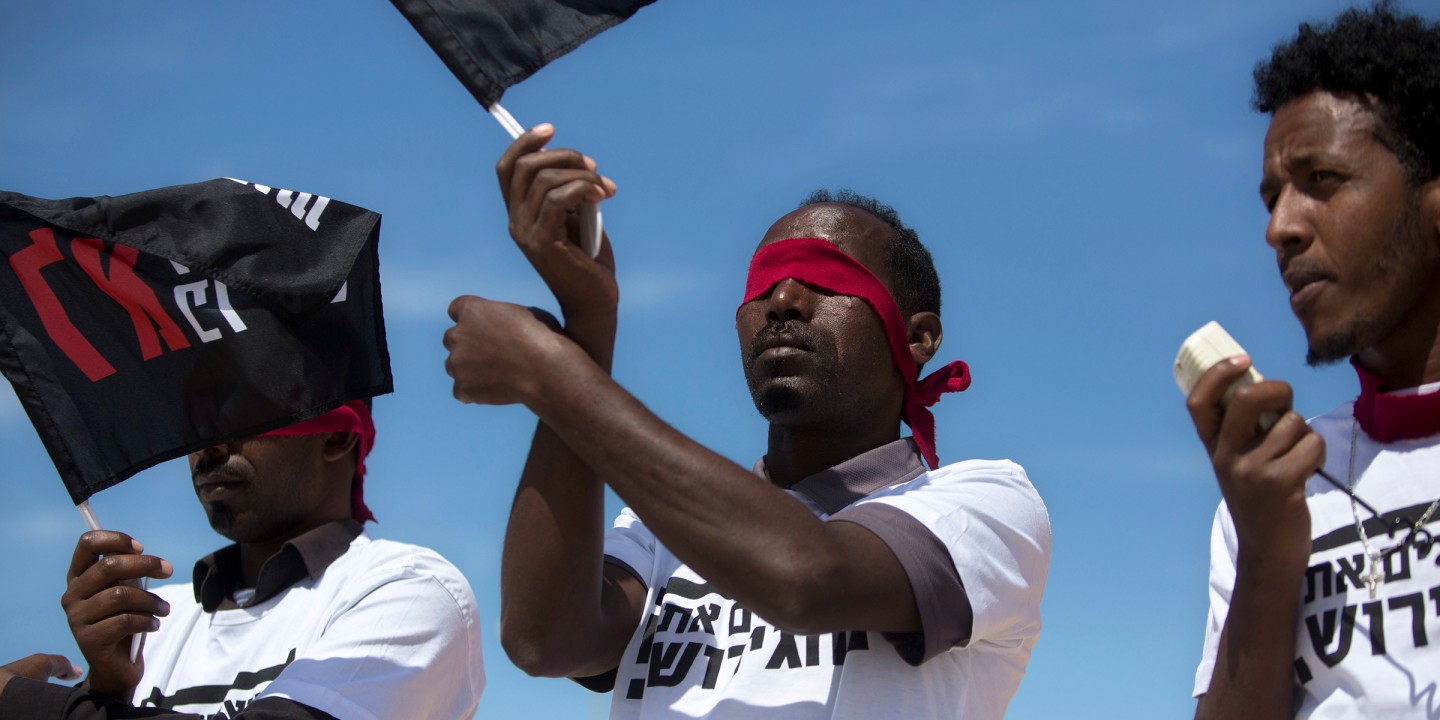Ugandan faith leaders weigh idea of accepting Israel's African refugees
Israel's government has offered financial incentives for thousands of asylum seekers to leave the country voluntarily—threatening to detain or deport them if they didn't.

Some Ugandan faith leaders say their nation should accept African refugees facing deportation from Israel, while others counter that resettlement would place too heavy a burden on already overtaxed refugee programs.
Until early April, Uganda and Rwanda had been widely viewed as the two African countries that would absorb the refugees in a deal with Israel’s government, which has asserted that about 40,000 African refugees live in Israel illegally and should be deported. Ugandan officials had spoken positively of the possibility of accepting refugees from Israel. But officials from both Uganda and Rwanda have denied that they struck a deal with Israel.
Ugandan clergy are nevertheless considering that at least some of the African refugees in Israel may wind up in their country. Many say these refugees—many of whom have arrived in Israel since the mid-2000s, trekking across the Sinai desert after fleeing violence and repression in Eritrea, Sudan, and other countries—should be welcomed in Uganda.
Read our latest issue or browse back issues.
“When someone is escaping for security reasons and is seeking help desperately, as a Christian we have no alternative but to accept them,” said John Baptist Odama, Roman Catholic archbishop of Gulu, Uganda, and chair of the Uganda Episcopal Conference.
In November Israeli prime minister Benjamin Netanyahu developed a controversial plan to deport the refugees, offering them $3,500 to relocate to a third country or face indefinite imprisonment or deportation. The migrants and their supporters in Israel have argued that their home countries are still unsafe for them.
[As of early May, Israel’s government had renewed negotiations with the United Nations High Commissioner for Refugees about resettlement for the thousands of asulym seekers, the Israeli newspaper Haaretz reported, and reversed its plans for deportation. Israeli officials continued to “encourage asylum seekers to leave voluntarily,” while considering their requests for legal status in Israel.]
Macleord Baker Ochola of Kitgum, a retired Anglican bishop and influential Ugandan peace envoy, also supports resettlement of the refugees in Uganda.
“These migrants must find a place, and I would be happy to see my country help,” said Ochola, who has worked to aid those displaced by a brutal rebel war in northern Uganda.
Odama said Israel’s financial aid for migrants returning to Africa would be critical, given the refugees from the conflict in South Sudan that Uganda is already struggling to serve.
“Uganda is hosting thousands of other refugees from South Sudan,” Odama said. “There was an international appeal for support that did not go very well. This is why Israel’s support for these refugees and others would be needed.”
But other clerics worry that more refugees could take too big a toll on a network of aid workers and refugees that is already overwhelmed.
“There are already thousands, and the numbers keep increasing,” said Johnson Gakumba, Anglican bishop of the Northern Uganda Diocese. “While the intention is good, I think we need to be careful to not allow numbers that we cannot manage.”
Gakumba’s region is hosting most of the South Sudanese refugees.
“The resources are already strained,” he said. —Religion News Service
A version of this article, which was edited on May 22, appears in the print edition under the title “Ugandan faith leaders weigh idea of accepting Israel’s African refugees.”






